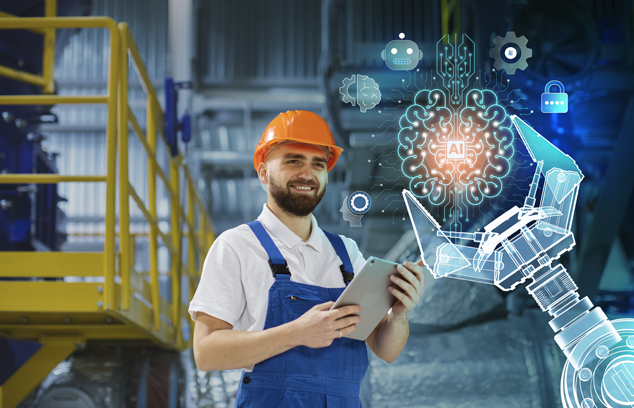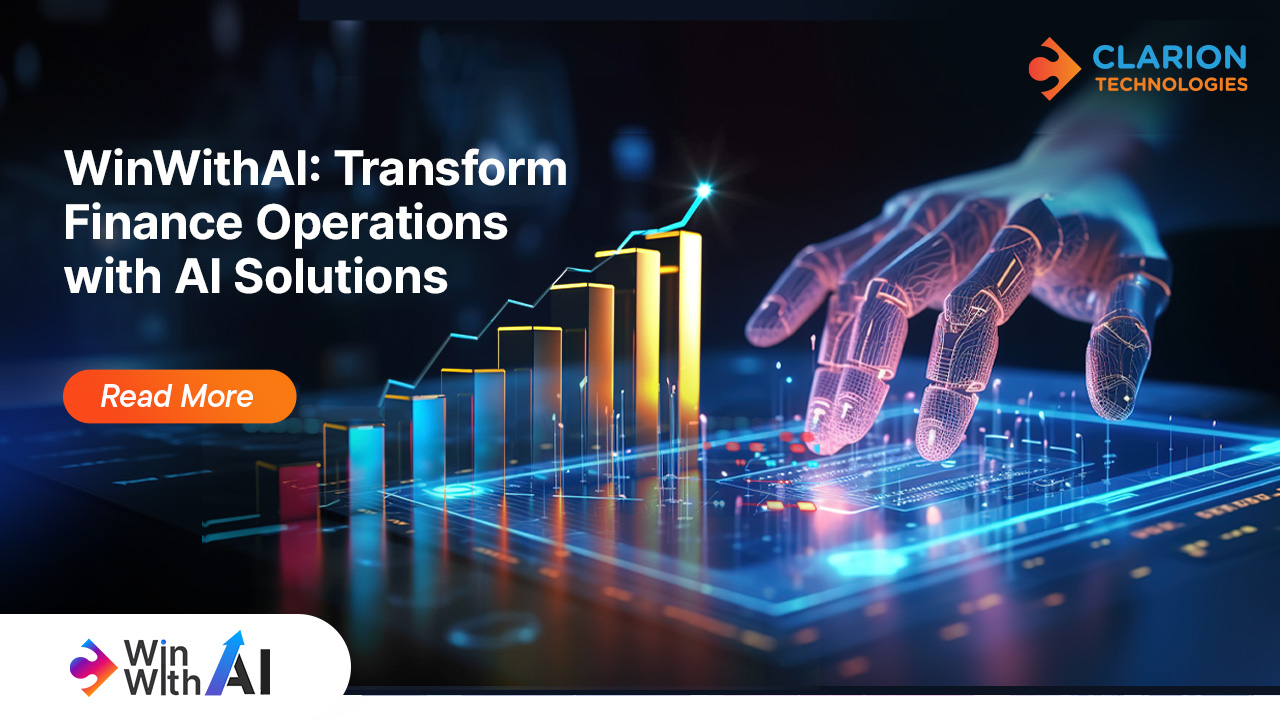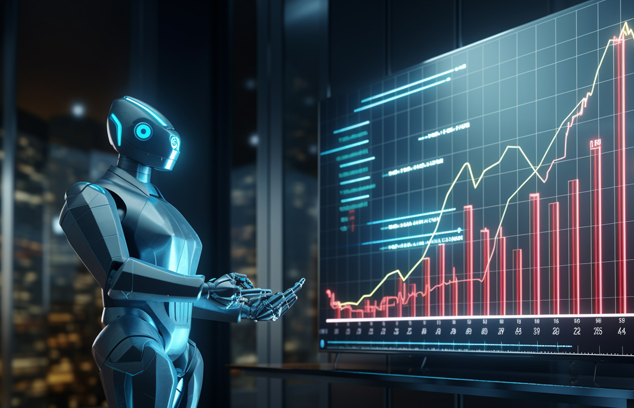Explore how AI Transforms various Industries with Java, Python, and Power BI
Small and medium-sized businesses (SMBs) and enterprises across various industries in the United States are increasingly adopting AI to tackle critical issues and enhance resource management. By investing in new technologies, businesses aim to develop innovative solutions that improve efficiency and promote eco-friendly practices. The growing need to boost efficiency and comply with environmental regulations is driving industries to integrate AI.
According to a PwC report, AI is projected to contribute $5.2 trillion to the global economy by 2030, with a significant portion dedicated to enhancing industry sustainability.
AI plays a crucial role in achieving the Sustainable Development Goals (SDGs), which include 17 goals and 169 targets aimed at improving global living standards and protecting the planet. Through data insights, AI enables businesses to effectively address sustainability challenges and implement sustainable initiatives.
Palash Bharadwaj, Head of New Practices at Clarion Technologies, highlights the transformative potential of AI, stating:

By leveraging AI, industries can optimize operations, enhance customer experiences, and gain competitive advantages, fostering growth and sustainability.
Industry-specific AI Use Cases
#1. Renewable Energy Management
Problem: Managing the distribution and consumption of energy.
Solution:
AI-Powered Smart Grid Management: Utilizing advanced programming languages like Python, AI can predict peak electricity usage, ensuring availability when needed. AI integrated with Power BI dashboards helps visualize usage patterns and support data-driven decision-making.
Java-Based Predictive Maintenance: Predictive maintenance solutions track system and equipment conditions, saving costs and reducing downtime.
#2. Water Resource Management
Problem: Efficient management of water resources.
Solution:
Smart Irrigation Systems: AI-driven systems provide insights into weather and soil moisture, optimizing water usage. Power BI dashboards enable real-time monitoring and insights.
#3. Promoting Eco-friendly Practices
Problem: Reducing energy usage and carbon footprint.
Solution:
Energy Efficiency in Buildings: AI-powered applications in Python learn user behavior to adjust temperature, heating, cooling, and lighting efficiently. Power BI visualizes usage trends.
Sustainable Transportation: AI improves traffic management and aids in developing autonomous electric vehicles.
AI in Climate Tech vs Clean Tech
Climate Tech
Industries Benefiting from AI: Agriculture, Urban Planning, Real Estate, Construction, Energy, Utilities, Government, Infrastructure.
- Data Analysis: AI analyzes climate patterns and weather conditions, assessing climate risks and regional impacts.
- Carbon Footprint Reduction: AI optimizes building energy usage and supports the development of carbon capture technologies.
- Environmental Monitoring: AI monitors air and water quality and tracks deforestation.
Clean Tech
Industries Benefiting from AI: Energy, Manufacturing, Utilities, Consumer Goods, Waste Management.
- Energy Efficiency: AI optimizes energy usage, predicts maintenance needs, and manages smart grids.
- Sustainable Manufacturing: AI enhances quality control and optimizes manufacturing processes.
- Resource Management: AI improves waste and water management.
Challenges and Future Prospects
Data privacy remains a significant challenge in data management with AI. Businesses must invest in infrastructure to implement AI solutions effectively. Advancements in AI and the integration of IoT offer promising prospects for the future.
Conclusion:
AI is revolutionizing the approach to sustainable development. By leveraging technologies like Java, Python, and Power BI, businesses can use AI to address challenges, manage resources better, and develop sustainable practices. These emerging technologies offer fast and efficient solutions, paving the way for a more sustainable and environmentally conscious future.



